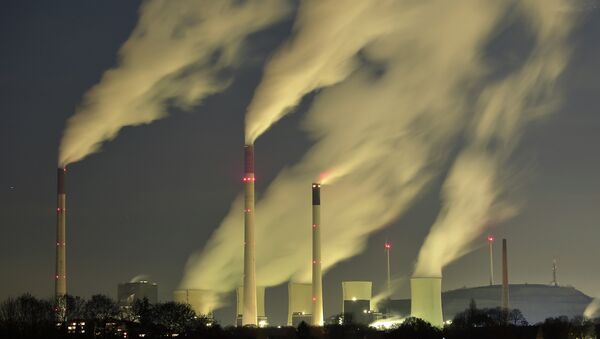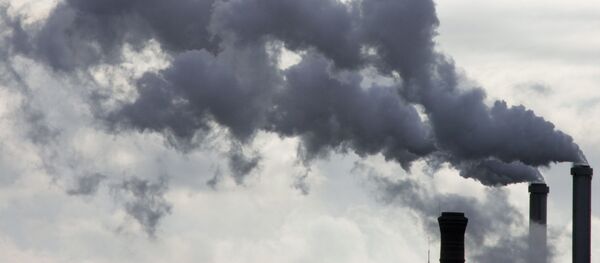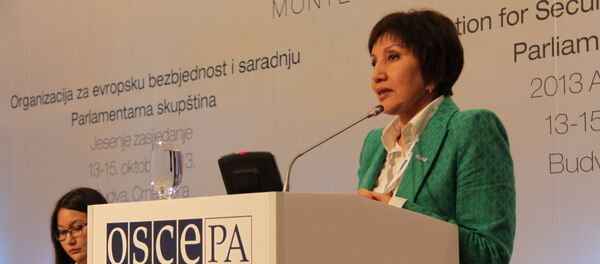“Global emissions of carbon dioxide stood at 32.3 billion tonnes in 2014, unchanged from the preceding year,” the IEA stated.
The preliminary IEA data suggest that efforts to mitigate climate change may be having a more pronounced effect on emissions than had previously been thought, according to the statement.
Our data: global CO2 emissions from energy stalled in 2014, a very welcome & significant surprise http://t.co/eTx4IfKZ7x via @VanderHoeven_M
— IEA (@IEA) March 13, 2015
The @IEA attributes the halt in CO2 emissions growth to changing patterns of energy consumption in China & OECD http://t.co/eTx4IfKZ7x
— IEA (@IEA) March 13, 2015
In the 40 years IEA has been collecting CO2 emissions data: only 3 times where emissions have stood still or fallen http://t.co/eTx4IfKZ7x
— IEA (@IEA) March 13, 2015
The IEA noted that emissions stall was not for reasons related to an economic downturn as the global economy expanded by 3 percent in 2014.
The organization attributed the emissions stall to changing patterns of energy consumption in China and the 34 countries of the Organization for Economic Co-Operation and Development (OECD) such as Australia, the United States, Japan and Mexico.
The countries have turned to using more renewable energy and became more energy efficient, according to the IEA.
The IEA, which has collected emissions data for 40 years, noted that emissions have stood still or fallen only three times in the past — in the early 1980's, in 1992 and in 2009.
The IEA is a Paris-based intergovernmental organization that includes the OECD states and works with non-member countries, such as Russia, China and India.



